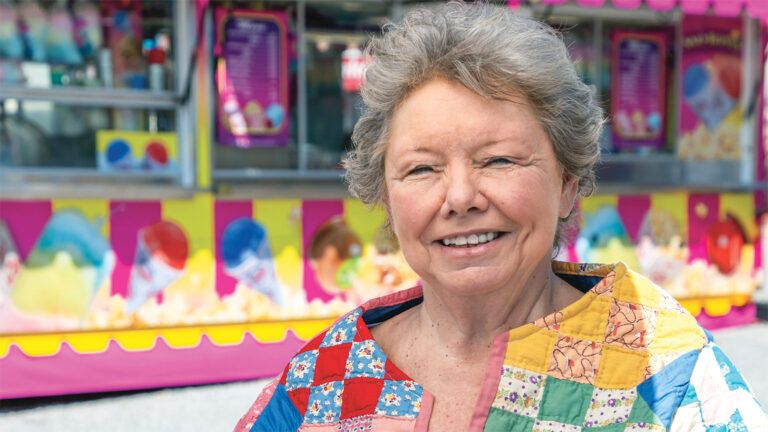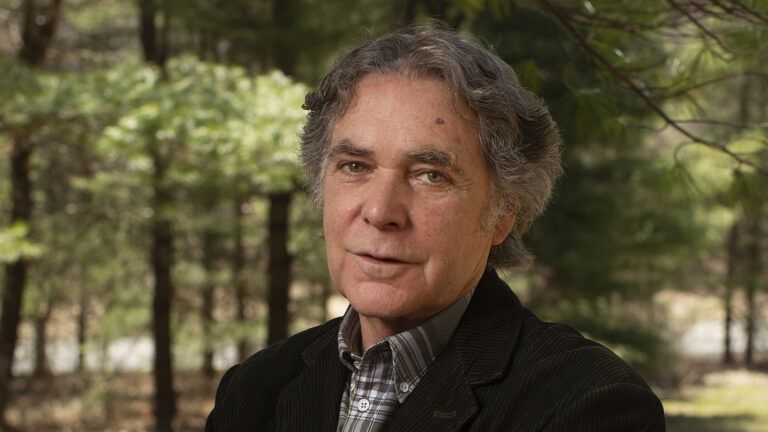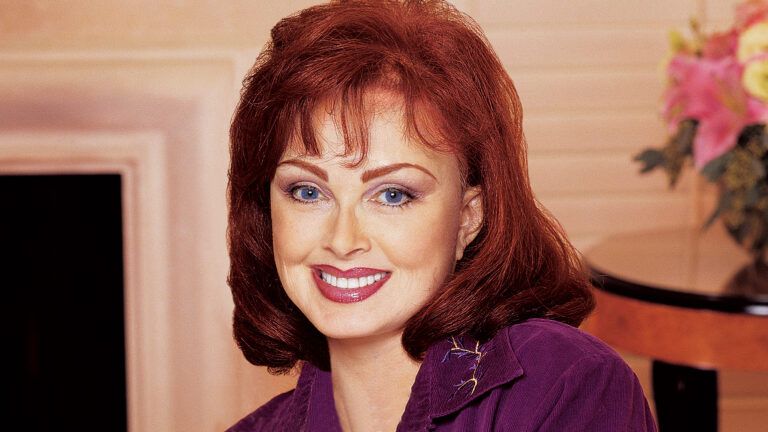In my tight-knit Greek-American family we did everything together. I mean, everything. Played basketball, watched wrestling and Boston Bruins hockey on TV, ate meals together, went to church and the grocery store and stuck so close that I knew I was loved by my parents more than anything else.
If anything ever went wrong, I would be okay because they looked out for me and I looked out for them. And you know what? It’s still the same.
I might be a 29-year-old journalist working crazy hours in the studio and on the red carpet—and lately on the campaign trail—but I’m never more than a cell phone call away from Mom and Dad. I have a sixth sense about them and if they’re in any kind of trouble, I can feel it. I just know.
I grew up in Medford, Massachusetts, and although there was just my brother and me and our parents, most of our relatives lived one town over in Somerville.
Every holiday was spent with aunts, uncles and many cousins. We rotated from house to house—Christmas at Aunt Anna’s, Easter at Aunt Lorraine’s, New Year’s at our place—and everybody brought food. There were Greek delicacies like Mom’s pastitsio and good ol’ American food like my cousin Mary’s blueberry cheesecake.
What I really remember about those family gatherings, though, was how we all were loosening our belts or unbuttoning the tops of our skirts. Everybody indulged.
Everybody but my dad. He had to be really careful because of his diabetes. My mom planned our meals around what he could have. She found the Greek specialties that were good for him, like her lima bean casserole or her special lentil soup.
Most important, she started us all off with a healthy breakfast—juice, cereal, unbuttered toast and eggs. I never knew people had donuts for breakfast or bagels and cream cheese until I went off to college. (All that newly discovered food in the school cafeteria was so tempting I promptly gained a good deal more than the standard “freshman 15″—40 pounds, to be exact.)
We were always watching out for Dad. If I saw him gazing off into the distance with a blank expression or if his hands started to curl up I knew he was going into diabetic shock. First I’d rush to get him a glass of orange juice or give him some sugar and jelly, then call 911.
Sometimes it seemed that the EMTs were at our house every other week. One harrowing time Dad actually slipped into a diabetic coma. I stood over his hospital bed, sobbing and praying. “Dad, please come back, please. I love you. Please be okay,” I begged.
Eventually he came out of it and was okay. It was only later he told me how he remembered being on the threshold of heaven and looking down on me crying over him. “I was ready to die and stay there,” he said, “but God told me I still had a lot more work to do.”
Work was a big part of my heritage. Mom and Dad were both born in Greece—she was from Kalamata and he was from Akovos. They came to the U.S., got married and once we came along, they were determined to do all they could for us.
Dad took on a slew of different jobs. For a while he was a carpet installer and he was a janitor at a night club—we all were. Mom worked at a school cafeteria when I got older, but on weekends we helped Dad as the clean-up crew at the night club. Five o’clock in the morning my brother and I waded ankle-deep through old cups and garbage, collecting all the bottles and cans, while Mom and Dad cleaned and scrubbed.
After years of saving, we banked almost $10,000 from returning those bottles and cans: enough to pay for a trip back to Greece to visit the relatives.
I was proud of being Greek—at least most of the time. We went to the Greek Orthodox Church in Somerville where I sang in the choir, went to Sunday school, studied Greek. I even became president of the youth organization.
But in our own town, in Medford, there was only one other Greek kid in my school. Kids teased us on the playground. Mom would say, “They’re just jealous, Maria,” but it hurt to feel like an outsider.
Maybe that’s why I studied broadcast journalism in college. I could see myself talking to people, getting their stories and really making a difference.
In the meantime I worked nights at Dunkin’ Donuts to help support myself while I was in school. After graduation I made the decision to move thousands of miles from home and pursue an amazing opportunity with Channel One News. Eventually more great opportunities followed with Entertainment Tonight and then NBC.
Of course, I was always on the phone to my parents, letting them know that I was okay and how much I missed them. But still I worried. Were they okay? How was Dad? Where was Mom if anything happened to him? We were just too close not to always be in each others’ thoughts.
Then one day when I was on assignment in New York City, sitting in the back of a car, I had this feeling in the pit of my stomach that something wasn’t right. I mean, really not right. I called Mom immediately. “I know,” she said in a worried voice. “I have that same feeling. I think something’s wrong. I can’t get ahold of your father.” She was at work, at her school cafeteria job.
“Go home right away,” I told her. “I’ll stay on the phone.” Frightened and helpless, I listened as she walked through the house, calling for Dad. Finally she found him upstairs, lying on the bed, “Oh, my God!” she cried. “I think we lost him,” and she hung up.
I started praying and my driver joined in, praying with me. Then I thought of my friend who lives down the street from my parents. She wasn’t around, but she was able to get in touch with her mom and aunt, who is a nurse. The two of them rushed down to my parents’ house.
For a long time I sat there, tears rolling down my cheeks, waiting to find out if things were okay. Finally Mom called. It took about 30 minutes to revive him, but thankfully my prayers were answered.
Today Dad has a pump, thanks to his great doctor Anne Peters. It’s made a huge difference, giving him a lot of freedom and freeing Mom and me from a lot of worry.
I’ve also become an ambassador for the Entertainment Industry Foundation’s Diabetes Aware program. I feel like I’m doing something to fight a disease my family has struggled with. There’s so much a diabetic can do these days to live a normal life. I’ll go anywhere to spread the message—I’ve even gone to Capitol Hill.
These days Mom and Dad have both retired and are bicoastal. We talk every day when we’re not together. They’re doing really great. (They even went to the Super Bowl with me, and meet stars all the time.) But I know if anything goes wrong, I’ll sense it. I always do. And I know that help is never far.






